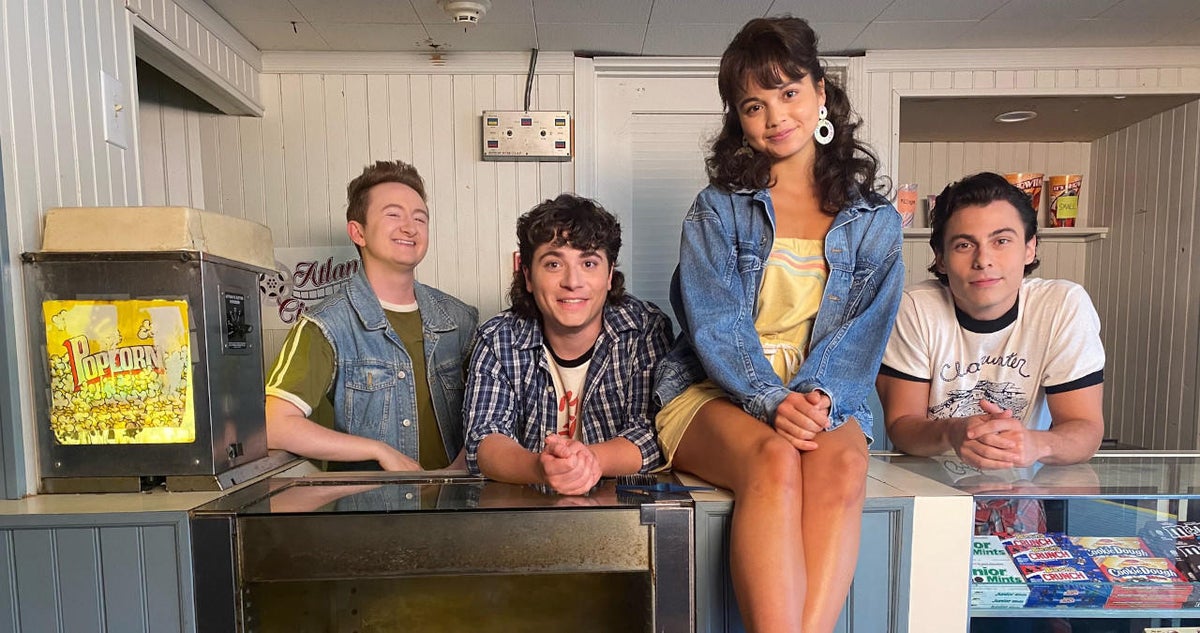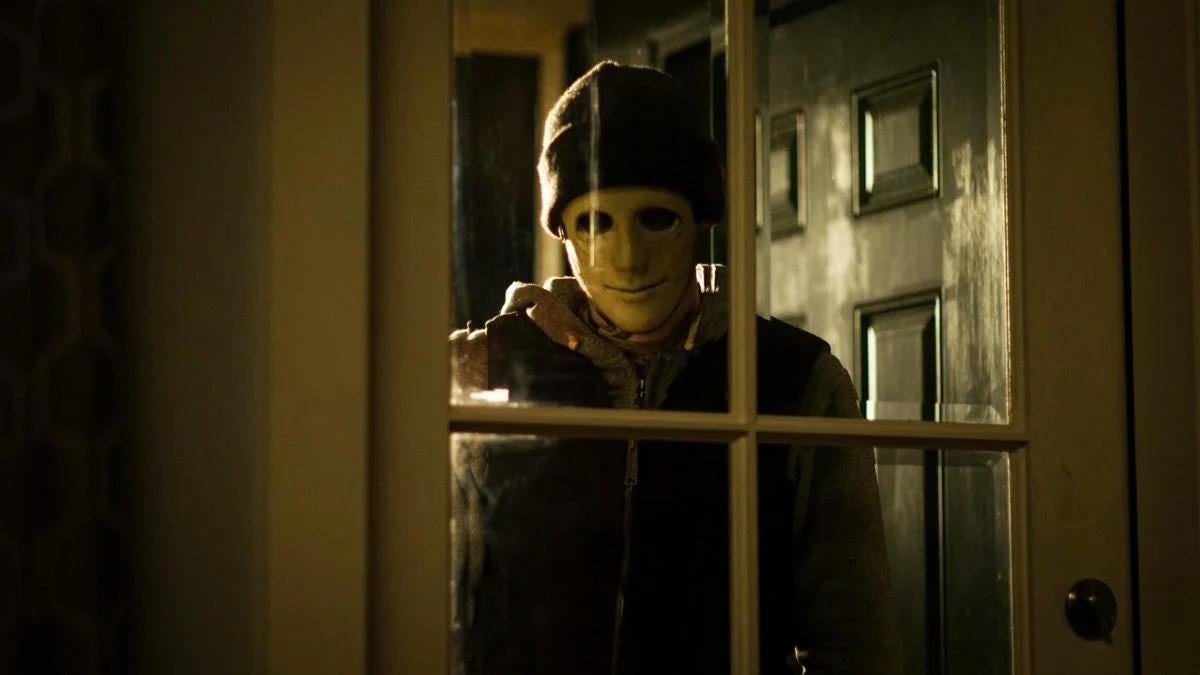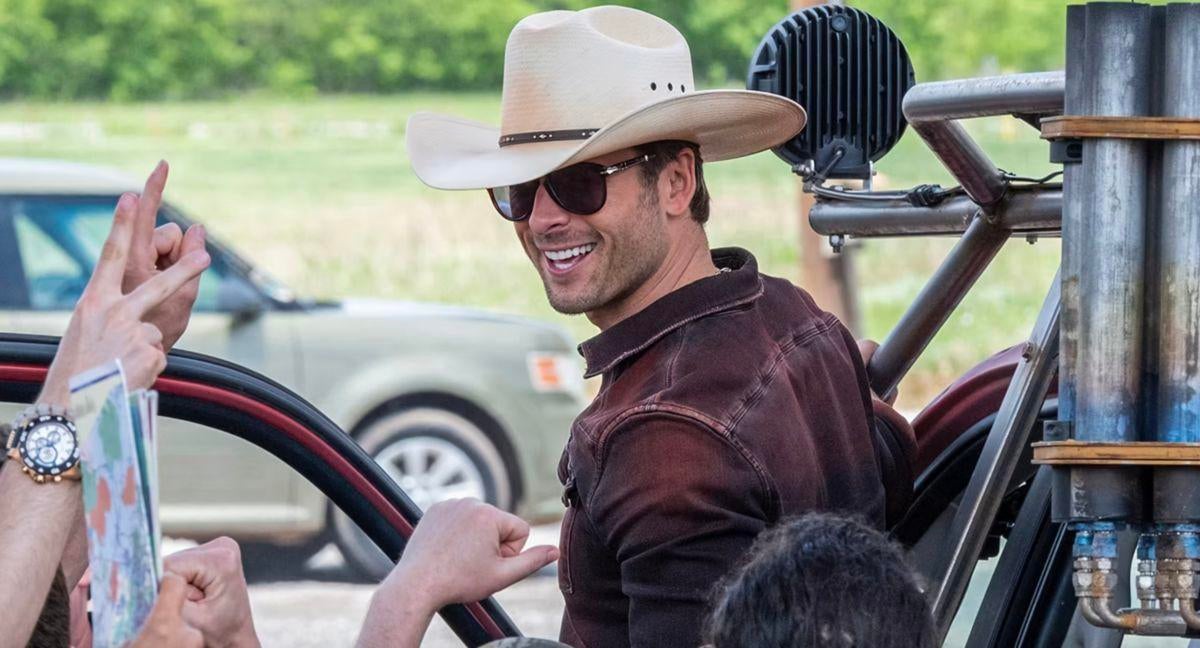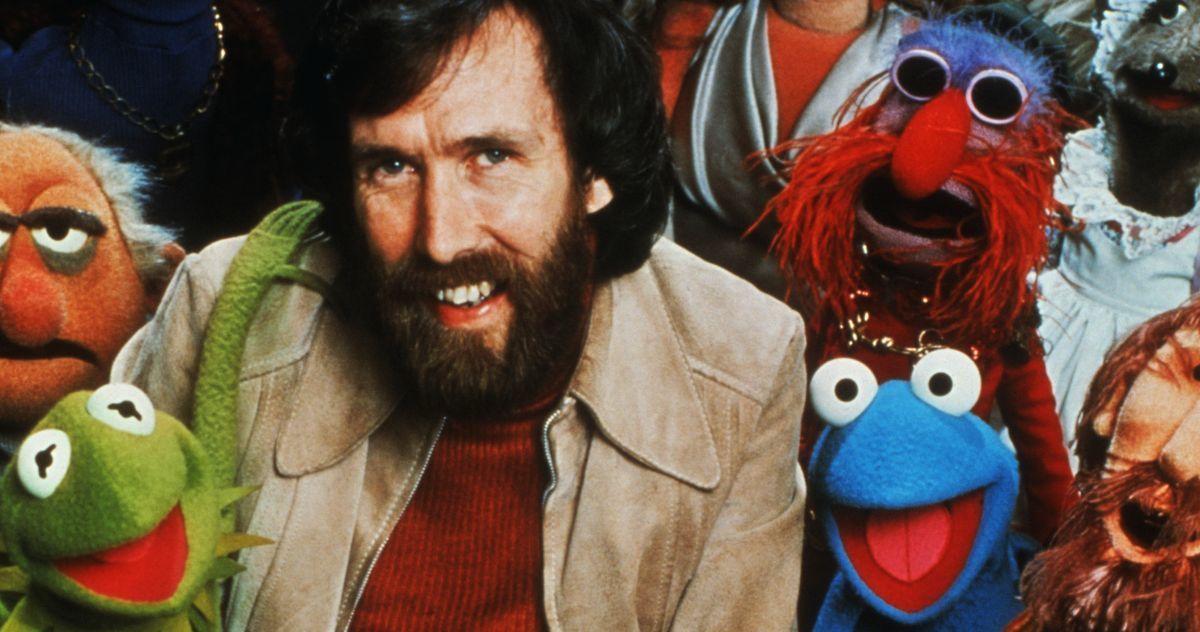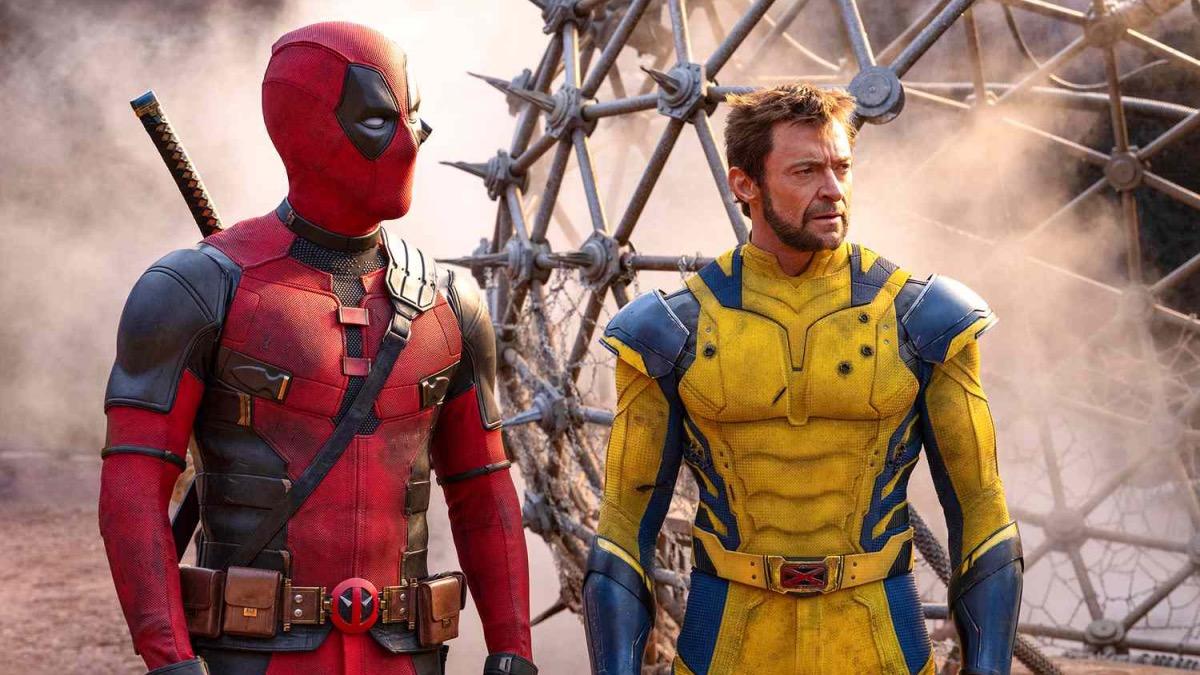Today marks the release of The 4:30 Movie, Kevin Smith’s latest film and, if the current trends hold, his highest-rated directorial effort since 1997’s Chasing Amy on review-aggregation site Rotten Tomatoes. It’s also a perfect representation of what I’ve been calling Kevin Smith’s “Phase Three.” Given Smith’s reputation as pop culture’s biggest geek, it makes sense to view the evolutions in his craft through the lens of the “phases” of the Marvel Cinematic Universe he loves so much, and the last few years’ worth of Kevin Smith movies are incredibly thematically consistent.
Smith’s first “phase” was the creation and population of the View Askewniverse, his own shared universe that started with 1994’s Clerks and spans about a dozen movies, all of which feature appearances by Jay and Silent Bob. His second phase, for the sake of argument here, was the stretch of time between the release of Clerks II (2006) and Jay & Silent Bob Reboot (2019), during which he focused almost exclusively on stand-alone (or stand-alone-ish) projects, whether it’s Red State and Tusk or The Flash and Supergirl.

Smith’s latest phase, which began with Reboot, is a return to the View Askewniverse, but with a decidedly different – and so far, pretty unified – philosophy. In short, Smith’s latest films reek of earnestness. Both Jay & Silent Bob Reboot and Clerks III are full of self-awareness, self-parody, and fan service. For Smith, that’s nothing new. But this time around, it’s being used in a different, arguably smarter, way than before.
Famously, Smith has been facing his own mortality since his heart attack in 2018. He grappled with that issue very directly in Clerks III, which kicked off when Randal Graves had a heart attack. It was Randal’s brush with mortality that pushed him to become a filmmaker, leading to an in-universe version of the making of the first Clerks.
Made for around $35,000 by maxing out his credit cards, selling his comic book collection, and cashing out an insurance policy after his car was totaled, Smith made Clerks in just under a month in 1993. Needless to say, the gamble paid off, and Smith became an indie film darling, riding the ’90s indie film trend that made Quentin Tarantino, Robert Rodriguez, and Richard Linklater famous as well.

The 4:30 Movie also tackles Smith’s origin story as a filmmaker — but in this case, it’s set in the 1980s and deals with how his childhood contributed to his fascination with the movies.
Kevin Smith originally wrote the role of Randal Graves for himself. Over the years, Smith has quipped, “That’s why [Randal] gets all the best jokes.” Ultimately, Smith realized that being a first time writer and director, he may be biting off more than he could chew to also play the lead role in a dialogue-heavy film.
The decision to cast someone else as Randal Graves had an unexpected byproduct that would change Smith’s career forever: he created Jay and Silent Bob.
Clerks III is an obvious tribute to Clerks, and a victory lap for Smith, who survived the same kind of near-death experience in the real world as Randal experiences in the first act of the film. The decision to make Randal a filmmaker, let alone to specifically have him make Clerks, redefined the relationship between Smith and the character he was once going to play.

In 1993, Smith was working at the Quick Stop and considering his next move. Randal was something of a wish-fulfillment character for the writer/director, his unchecked id and self-importance allowing him to say and do whatever he wanted, without fear of consequences.
“If title dictated my behavior, as a clerk serving the public, I wouldn’t be allowed to spit water at that guy,” Randal told Dante during a debate in Clerks. “But I did.” When called out on how insane that is, Randal retorts, “I like to think I’m a master of my own destiny.”
So when Randal sets out to create his movie and carve out a niche for himself in the film industry in Clerks III, it flips that script in a fundamental way. The success of Clerks, and on some level his relationship with the characters of Dante and Randal, have provided Smith with a lifestyle and a level of comfort and satisfaction so profound that he (or at least people like him) is now an aspirational figure for Randal Graves, rather than the other way around.
The 4:30 Movie lays the groundwork for both: it gives its fairly obvious Kevin Smith proxy, played by Austin Zajur (Son-in-Lockdown, Clerks III), an origin story that lays the groundwork for both his eventual destiny as a filmmaker, and also for his short-term future in retail servitude.
The 4:30 Movie also follows a trend Smith has established in his “Phase 3,” which is the idea of retelling, remaking, and reinventing stories that have already been told. Not only does it call back to Smith’s oft-cited childhood, but it’s stylistically and narratively a match for 1980s teen sex comedies like those from The Breakfast Club‘s John Hughes.
Kevin Smith started making inside jokes and references to his own movies very early on: in Mallrats, his second feature film, the story’s inciting incident is the death of Julie Dwyer, a character we never meet onscreen, and whose death was also referenced in Clerks, Smith’s film debut. It’s little surprise that as the filmmaker enters his next phase, repetition, mirroring, and homage to what came before have become some of his most potent tools.
In 2019’s Jay & Silent Bob Reboot, Smith’s initial intent was to simply remake Jay & Silent Bob Strike Back, with the strange formalist exercise being the joke. Even after he reconsidered, and decided to write a new film for the duo, the idea of bringing back old concepts, characters, and punchlines persisted.
2001’s Jay & Silent Bob Strike Back centered on the perennial supporting characters, now starring in their own film, and headed to Hollywood in order to prevent a studio from profiting off their likeness with a movie based on Bluntman & Chronic, a comic book featuring a fictionalized version of Jay and Bob first introduced in 1997’s Chasing Amy.
Fast-forward 18 years, and Jay and Bob find themselves traveling to Hollywood again – this time to prevent a Bluntman & Chronic reboot from being made. In between Jay & Silent Bob Strike Back and Jay & Silent Bob Reboot, Smith wrote and directed only one live-ction feature film in his decades-long-running View Askewniverse: 2005’s Clerks II, which seemingly gave Dante Hicks and Randal Graves their happy ending once and for all.
“Can you feel it?” Dante asks Randal at the end of that film. “Today is the first day of the rest of our lives.” The camera pulls back from the pair, navigating through the aisles of the Quick Stop, with one last gag: the “Milk Maid” from Clerks, played by Kevin Smith’s mother Virginia Smith, is back at the cooler, looking for that one miraculous bottle of milk that won’t go bad for like a decade.
Clerks III would claw back that happy ending in a profound way, and would redefine how both characters perceive happiness. After a life-altering heart attack, Randal decides that just owning a small business with his best friend is not enough for him anymore. He wants to make a movie, and leave his mark on the world. Dante, though, seems mostly bemused by the movie. He’s hanging on to the Quick Stop for some semblance of normalcy after his mental health completely imploded following the death of his wife and unborn child.

When the pair finally get something resembling a new happy ending – Randal’s film is completed and, per Smith’s commentary over the credits, he will continue to make them long into old age and die respected and content; Dante passes away, but gets to split time between seeing Becky in Heaven and keeping an eye on Randal and the Quick Stop – it’s represented the same way: Clerks III ends as the camera pulls back from the pair, navigating through the aisles of the Quick Stop, with one last gag: Jay’s daughter Millie, played by Kevin Smith’s daughter Harley Quinn Smith, has stepped into the role of the “Milk Maid,” back at the cooler and looking for that one miraculous bottle of milk that won’t go bad for like a decade.
These examples are just a small sampling; both Jay & Silent Bob Strike Back and Clerks III mirror the other View Askewniverse films in ways big and small, and it isn’t just fanservice. Smith uses it as an opportunity to comment on the world and its characters, and to advance the overall narrative of the universe.
The 4:30 Movie, which does not take place in Smith’s shared universe, is instead a riff on events that really happened to him and his friends as kids in the 1980s. Of course, if Clerks III is also a dramatized version of things that happened during the production of Clerks. So what’s the difference? The 4:30 Movie follows the example of Clerks II and has a pretty unambiguously happy ending for Brian David, the movie’s Kevin Smith stand-in. Of course, Brian is Kevin as a teenager, just starting to find his niche, while Randal is a middle-aged and world-weary version of Smith’s own self-insert character from thirty years ago.
There isn’t much about Clerks III that has proven more controversial with audiences and critics than the film’s ending. The death of Dante Hicks is a shocking moment, and one that carries a lot of emotional weight for fans who have been following these characters for decades.
“[It’s] a little like watching a silver-haired rocker in his 50s covering his breakout hits from the 1990s while telling stories ABOUT those hits between numbers,” critic Richard Roeper wrote in his review of the movie. And there’s certainly an element of that – after all, Smith is famously a fan of fellow New Jersey icon Bruce Springsteen, who literally did that on Broadway — but the end of Clerks III feels more like something…else.
Clerks III‘s controversial ending is validated by Dante’s line that said the footage from Randall’s film is the “best movie I ever saw.” Randal might want to be Kevin Smith, but Dante only ever wanted to find love. His ultimate role wasn’t to be a filmmaker, it was to be Becky’s husband. Randal intuitively understood that his movie needed to end when it did — his movie is implied to be a kind of blend of the first two Clerks movies, meaning that it omits Becky’s death, which seemingly happened right after the end of Clerks II.
“I’m glad you left some stuff out,” Dante tells him.
In The 4:30 Movie, that “silver-haired rocker” isn’t looking back at his glory days anymore, but examining the formative experiences that made him a rock star. Again, see Netflix’s Springsteen on Broadway and you’ll get a bit of both. I keeping with that approach, though, The 4:30 Movie has an ending that’s both less bleak and also less definitive. It’s bright and cheerful, but open-ended, with no easy answer for where Brian and his friends would end up by 2024. In this movie, “leaving some stuff out” isn’t so much a creative choice as the obvious place to end the narrative — but since we know the real Kevin Smith didn’t end up with a girl from his hometown, but with a reporter from USA Today who covered his films, there’s definitely a place where the Brian-is-Kevin narrative has to rub up against the idea of Brian and Melody Barnegat having a “happily ever after” as teenagers.
Smith talks openly about his heart attack in both Jay & Silent Bob Reboot and gives it to Randal and Dante in Clerks III. Betty Aberlin’s character in The 4:30 Movie makes heart attack jokes while talking to the movie’s riff on Smith. Grappling with his mortality is a newfound obsession for Smith, and following the heart attack, Smith’s movies have been, in large part, all about what’s actually important to him. Reboot is about Jay finding the joys of parenthood, while Clerks III is about how much Smith loves making films. The 4:30 Movie is about not just his love for watching movies and engaging in pop culture, but also the relationships that helped shape him. The characters in The 4:30 Movie are based on people who Smith knew forty years ago but still talks to fairly regularly. Those relationships are obviously important to him, even if they are tested and not always depicted as idealized in the movie itself.
Smith’s relationships have always been important to him — he has brought back Brian O’Halloran and Jeff Anderson, the stars of Clerks, as often as they wanted to return, and recurring actors and characters are a fixture in his work more broadly. Yes, Smith’s more recent movies are absolutely saturated with pop culture references and jokes, but they’re animated by the love between his characters. That Smith keeps bringing back recurring actors — including some who only ever get to come for a day or two and play minor roles, like Diedrich Bader and Jason Biggs — speaks to how he’s applying that in his real life and his work.
That earnestness has touched all three of Smith’s latest movies, but especially The 4:30 Movie, which makes it feel like the most accessible and mainstream work he has attempted since at least 2004’s Jersey Girl. It’s less insular, less in-jokey, and less reliant on the audience knowing or caring who Kevin Smith is to make it work. Ironically, it’s the movie’s big heart that makes it a perfect installment in Smith’s accidental trilogy.
The 4:30 Movie is in select theaters now.
